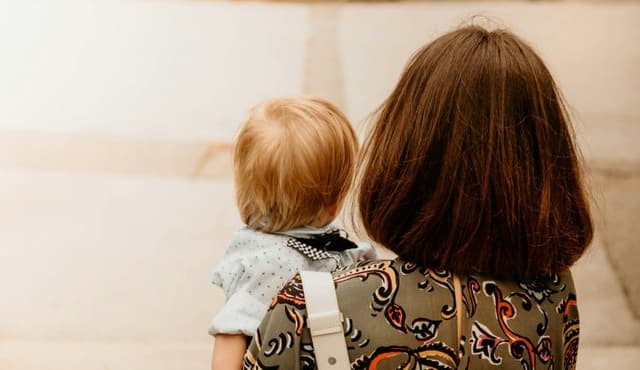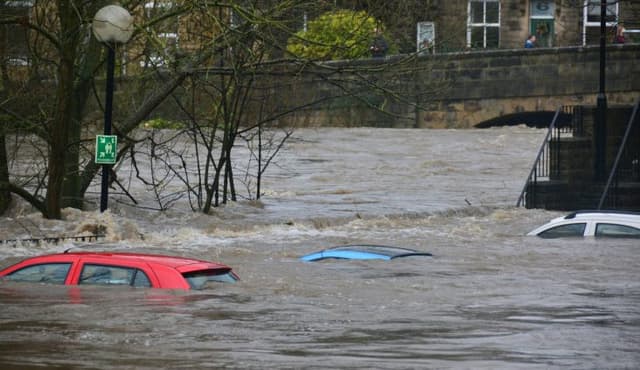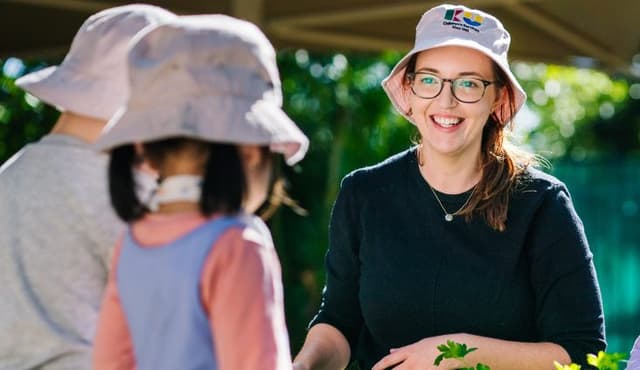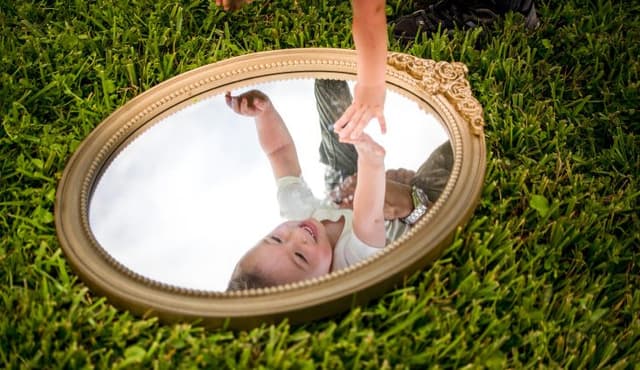Professional development
Spirituality is an aspect of children’s self identity – but how do we teach it?

Freya Lucas
Apr 15, 2019
Save
Many educators struggle with separating the concept of spirituality from the concept of religion - which can be a controversial and sensitive subject in secular early childhood education and care settings, with educators seeking support on how to foster, develop and explore children’s spiritual development in line with the approved learning frameworks.
In providing guidance on the educators role in developing and nurturing children’s spirituality, the Early Years Learning Framework (EYLF) notes that children’s learning is dynamic, complex and holistic, with physical, social, emotional, personal, spiritual, creative, cognitive and linguistic aspects of learning all intricately interwoven and interrelated.The EYLF defines spiritual as “referring to a range of human experiences including a sense of awe and wonder, and an exploration of being and knowing” and asks educators to welcome children and families sharing aspects of their culture and spiritual lives.
It is often straightforward for educators to seek guidance from families about culture, but spirituality can be a complex and sensitive space.
To deepen our understanding of spiritual development, especially outside of the context of religion, it is important to be aware of other theories and concepts that have been studied that are complementary in nature, according to ChildCare Education Institute (CCEI).
“A lens on spiritual development is a helpful tool in today’s complex, diverse and sometimes unkind world,” says Maria C. Taylor, President and CEO of CCEI, adding that it is possible for educators to gain knowledge which will prepare them to create environments that nurture children spiritually thus offering children the opportunity to develop a kinder self.
CCEI outlined that there are a number of theories and research studies that support the connection between spiritual development, well-being, and academic success. Researchers past and present have studied the role of moral development, resilience, and plasticity. Even more recently, educators are using words such as thriving, grit, and flow. With this deeper understanding, caregivers can create experiences in the learning environment that contribute to children’s spiritual development.
Spiritual development, CCEI said, can lead to a more socially just world – meaning opportunity and equality for all. By promoting spiritual development, in addition to traditional domains of learning such as literacy and STEM, educators create a more peaceful and just society while raising children who are prepared to participate in society in positive ways.
Through spiritual development, children learn to be aware of and comfortable with qualities such as respect, responsibility, and reverence for self and others. They learn to be capable of acknowledging differences between people without feeling fear. They develop a love for the earth and take action to protect it.
CCEI have created a course based on the work of Deborah Schein, author of the book titled Inspiring Wonder, Awe, and Empathy – Spiritual Development in Young Children. The course explores what spiritual development is and why it is important to overall development. Participants will also learn how to create moments within their learning environments that promote spiritual development in young children.
The Supporting Spiritual Development in Early Learning Environments course is a two-hour, intermediate-level course which can be accessed here.
Don’t miss a thing
Related Articles



















